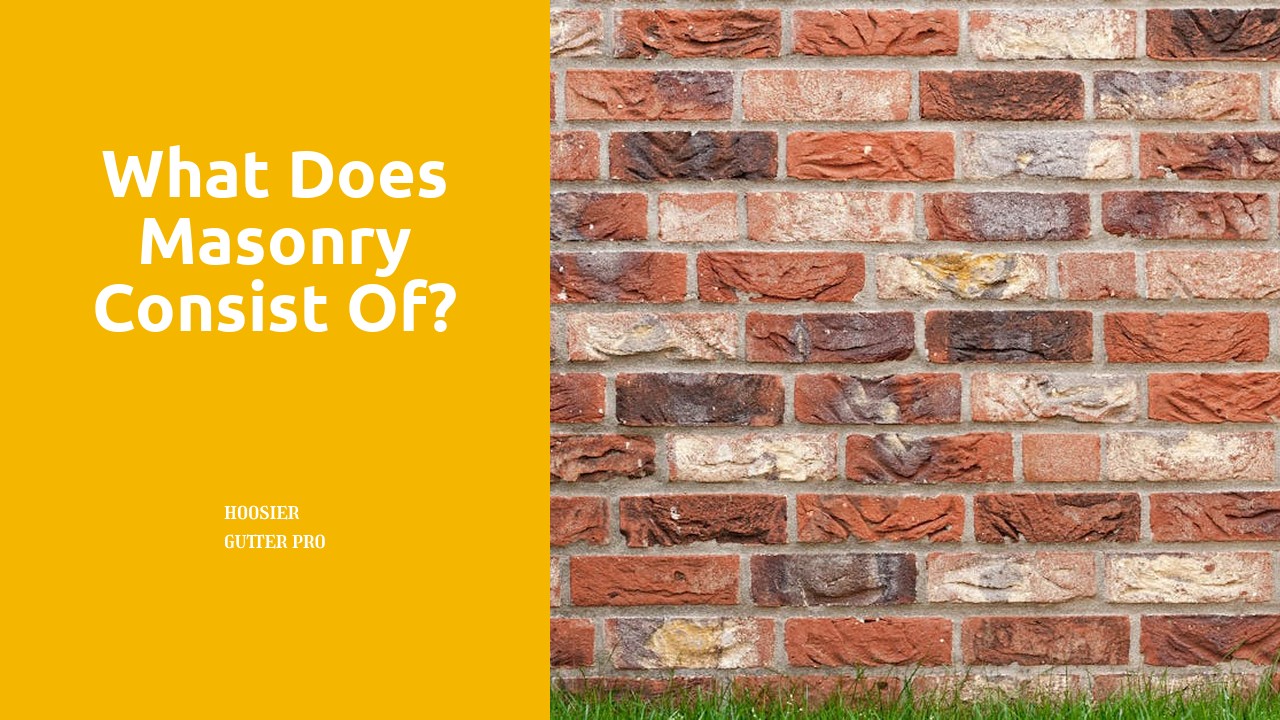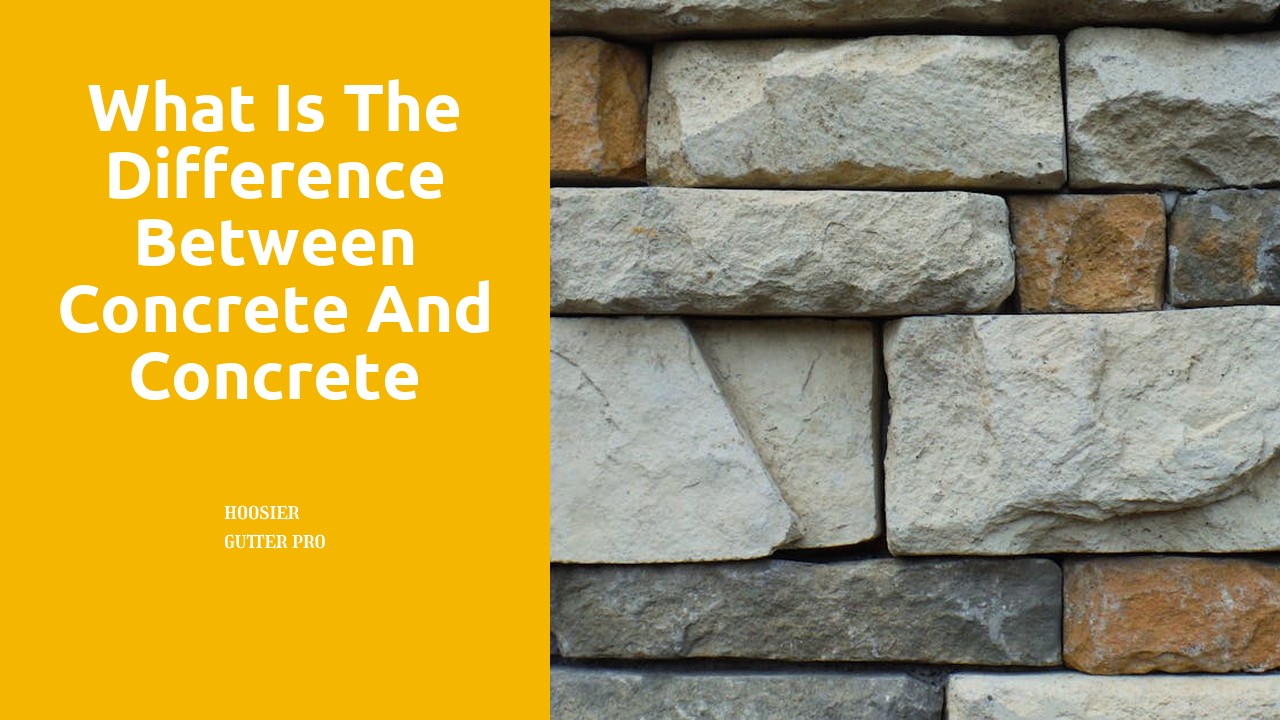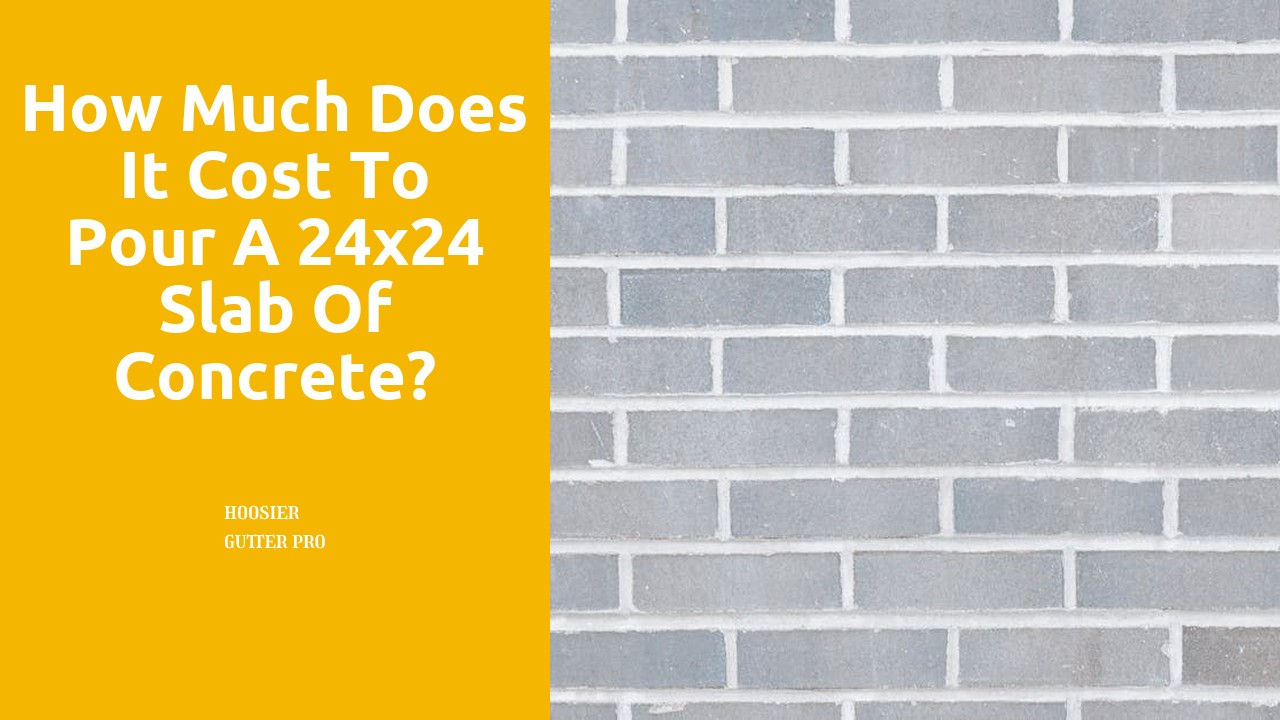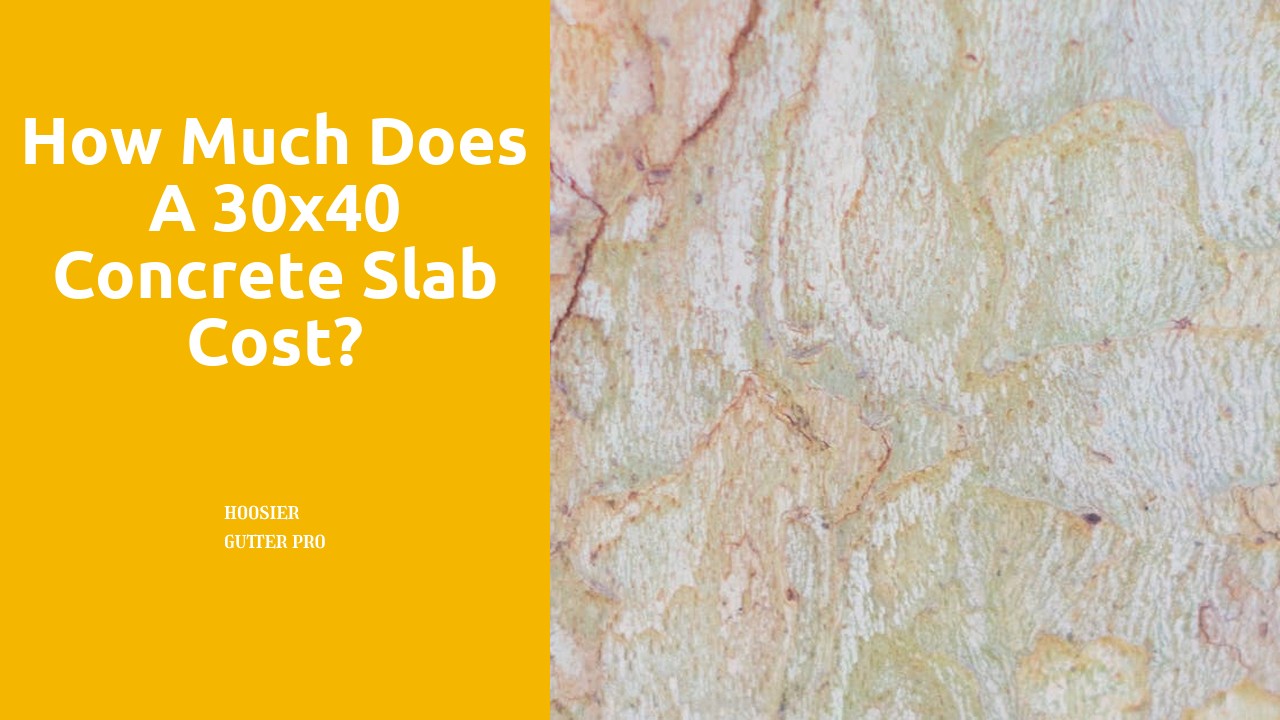
Importance of Masonry in Construction
Masonry holds a significant role in the construction industry, providing structures with durability, strength, and aesthetic appeal. Concrete and masonry in Haldimand County are essential elements in creating robust buildings, bridges, and infrastructure that can withstand the test of time. Masonry materials such as bricks, stones, and concrete blocks are fundamental in ensuring the structural integrity of constructions, offering a solid foundation that can support various architectural designs.
The importance of masonry in construction cannot be understated, especially when considering the long-term resilience and sustainability of buildings. Masonry structures offer excellent fire resistance, thermal mass properties, and exceptional sound insulation, making them a preferred choice in many construction projects. Furthermore, the use of local materials in masonry construction contributes to the economic growth of the region, promoting sustainable practices that benefit both the environment and the community.
Structural Integrity
Structural integrity is paramount when it comes to the construction industry. Concrete and Masonry in Whitchurch-Stouffville rely heavily on the stability and robustness of structures to ensure safety and longevity. Masonry work involves the skillful placement and arrangement of materials such as bricks, stones, and concrete blocks to create durable and reliable structures that can withstand various external forces.
The foundation of any building lies in its structural integrity, which determines its ability to support the weight of the entire structure. Masonry workers meticulously craft walls, columns, and other components to ensure that they are structurally sound and can endure the test of time. As the backbone of construction projects, structural integrity in Concrete and Masonry in Whitchurch-Stouffville plays a crucial role in the overall safety and functionality of buildings.
Sustainable Masonry Practices
Sustainable masonry practices play a crucial role in minimizing the environmental impact of construction activities. In the region of Kawartha Lakes, where traditional building materials like concrete and masonry are extensively used, adopting sustainable practices is imperative. By incorporating recycled materials such as reclaimed bricks or stones into construction projects, builders in Kawartha Lakes can reduce the demand for new resources and lower the carbon footprint of their activities.
Additionally, sustainable masonry practices in Kawartha Lakes involve optimizing the energy efficiency of buildings through proper insulation and design techniques. By ensuring that structures are well-insulated and designed to maximize natural light and ventilation, builders can reduce the reliance on artificial heating and cooling systems, resulting in lower energy consumption and operational costs. In the context of Concrete and Masonry in Kawartha Lakes, these sustainable practices not only benefit the environment but also contribute to creating healthier and more comfortable living spaces for residents.
Recycled Materials
Recycled materials play a significant role in enhancing sustainability in construction practices. Concrete and Masonry in Halton Region have increasingly adopted the use of recycled materials to reduce environmental impact and promote eco-friendly building solutions. By incorporating recycled materials such as crushed concrete or reclaimed bricks, masonry projects can lessen the demand for virgin materials, thus conserving natural resources and minimizing waste generation.
Furthermore, the utilization of recycled materials in masonry not only contributes to environmental conservation but also offers economic benefits by reducing material costs. In Concrete and Masonry in Halton Region, the integration of recycled materials has shown to be a cost-effective solution without compromising the structural integrity and aesthetic appeal of the buildings. Through strategic planning and cooperation between suppliers and construction firms, the incorporation of recycled materials has become a feasible practice that aligns with sustainable development goals.
Challenges Faced by Masonry Workers
Challenges faced by masonry workers in the field of construction are varied and demanding. The physical nature of the work, handling heavy materials like concrete and masonry in Norfolk, can lead to strain and injuries if proper safety precautions are not strictly adhered to. Additionally, the outdoor work environment exposes workers to harsh weather conditions, such as extreme heat or cold, further adding to the challenges they must endure daily.
Furthermore, the precision and attention to detail required in masonry work can be mentally taxing for workers. The need for accurate measurements and alignment in laying bricks or stones demands focus and skill, which can be mentally exhausting over long hours of work. Despite these challenges, masonry workers play a crucial role in the construction industry, contributing to the creation of durable and aesthetically pleasing structures that stand the test of time.
Weather Conditions
Weather conditions play a significant role in the durability and longevity of concrete and masonry in North Bay. The region experiences extreme cold temperatures during the winter months, leading to potential frost heaving and cracking in masonry structures. Additionally, the moisture levels from frequent rain and snow can impact the setting and curing of concrete, affecting the overall strength of the material.
Furthermore, the fluctuating temperatures throughout the year pose challenges for masonry workers in North Bay. Rapid temperature changes can cause expansion and contraction in the materials, which may lead to structural issues over time. Proper weather protection techniques and procedures are essential to ensure the integrity and quality of concrete and masonry constructions in this region.
FAQS
What materials are typically used in masonry construction?
Masonry construction typically consists of materials such as bricks, stones, concrete blocks, and mortar.
How does masonry contribute to the structural integrity of a building?
Masonry provides strong support and stability to buildings, ensuring structural integrity and durability over time.
Is masonry considered a sustainable construction practice?
Yes, masonry is considered sustainable due to its longevity, energy efficiency, and ability to be constructed using recycled materials.
What are some examples of sustainable masonry practices?
Sustainable masonry practices include using recycled materials, optimizing thermal mass, and incorporating energy-efficient designs.
What challenges do masonry workers face in their line of work?
Masonry workers often face challenges such as working in varying weather conditions, handling heavy materials, and ensuring precise construction techniques.
How do weather conditions impact masonry construction?
Weather conditions can affect the curing of mortar, the stability of scaffolding, and the overall quality of masonry work, making it important for workers to adapt to different environments.





